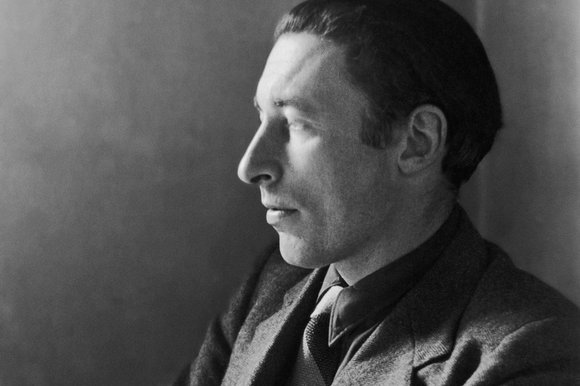This week saw Trinity Literary Society (LitSoc) welcome Eadaoin Lynch to discuss her research on an unpublished, never-performed play by Louis MacNeice. A former Trinity student, LitSoc member, and now working on a PhD at the University of St Andrews, Lynch has a fantastic future ahead of her, evident in her entertaining and in-depth presentation of such a little-known work.
Commissioned by the Abbey Theatre in 1939, the one-act play, Blacklegs, appears to have been abandoned after the first draft and ultimately never performed. A single manuscript exists in the New York Public Library, and merely a photocopy in Oxford. Only four critical mentions are all that remains of this forgotten play.
Blacklegs takes place on a church steeple. While there is no reference to a specific location, the language used by the characters is something of a caricature of Irish speech, and hints at the idea that Dublin is the background to his drama.
The play gives a better insight than his published works into how MacNeice felt about Ireland. It is embedded in the historical events of the time: the 1937 enactment of the Irish Constitution contributes hugely to its theme. Nation and God, in the play, are equal in importance, but both are dismissed as a smokescreen for abstract beliefs. The nation is an abstract concept that can never be achieved.
Louis MacNeice’s own ambiguity towards his national allegiance likely also contributed to this theme in Blacklegs. From the age of 10 he was educated in England, and identified with both nationalities, writing: “Yeats, as a little boy, in the west, read Orange songs and fancied himself dying facing the Fenians; I as a little boy among Orangemen, imagined myself a rebel against England.” The fact that this play is different to his other writings may have been MacNeice’s attempt to vent his frustration and complex feelings towards Ireland. The decision to place the play on a church steeple seems to be indicative of this, as MacNeice was not religious.
The mistrust of authority and intelligence shown in the play, as Lynch demonstrated, was also reflective of the time. In an era where the learned were described as “literary bourbons who had learned nothing and forgotten nothing”, MacNeice insisted on the importance of individuality. He mistrusted any movements which tried to guide the masses, and uses Blacklegs as a soundboard for these conflicts and ideas. This insistence of self-autonomy was a lifelong one, and can be seen in this “lost play”.
As Lynch explained, the handwriting suggests that the play was written in one draft. Some very minor changes suggest he may have edited it once. The question was raised as to whether MacNeice’s financial status at the time of the commission might have affected the kind of work he produced. However, Lynch explained that MacNeice was not struggling at the time this play was written, as he had just completed a lecture tour in America. Despite this, his future was uncertain, and he may have accepted this commission to provide himself with added security.
There are many instances of both sarcasm and irony present in the comedic moments between characters. However, rather than mocking the Abbey’s commission, MacNeice was most likely glossing over poignant moments with humour as is common in his other works. It is a sincere play, as MacNeice grapples with how he feels about Ireland.
Lynch’s talk was a thoroughly enjoyable and educational experience, providing an unseen perspective on one of Ireland’s best-known writers of the twentieth century.







